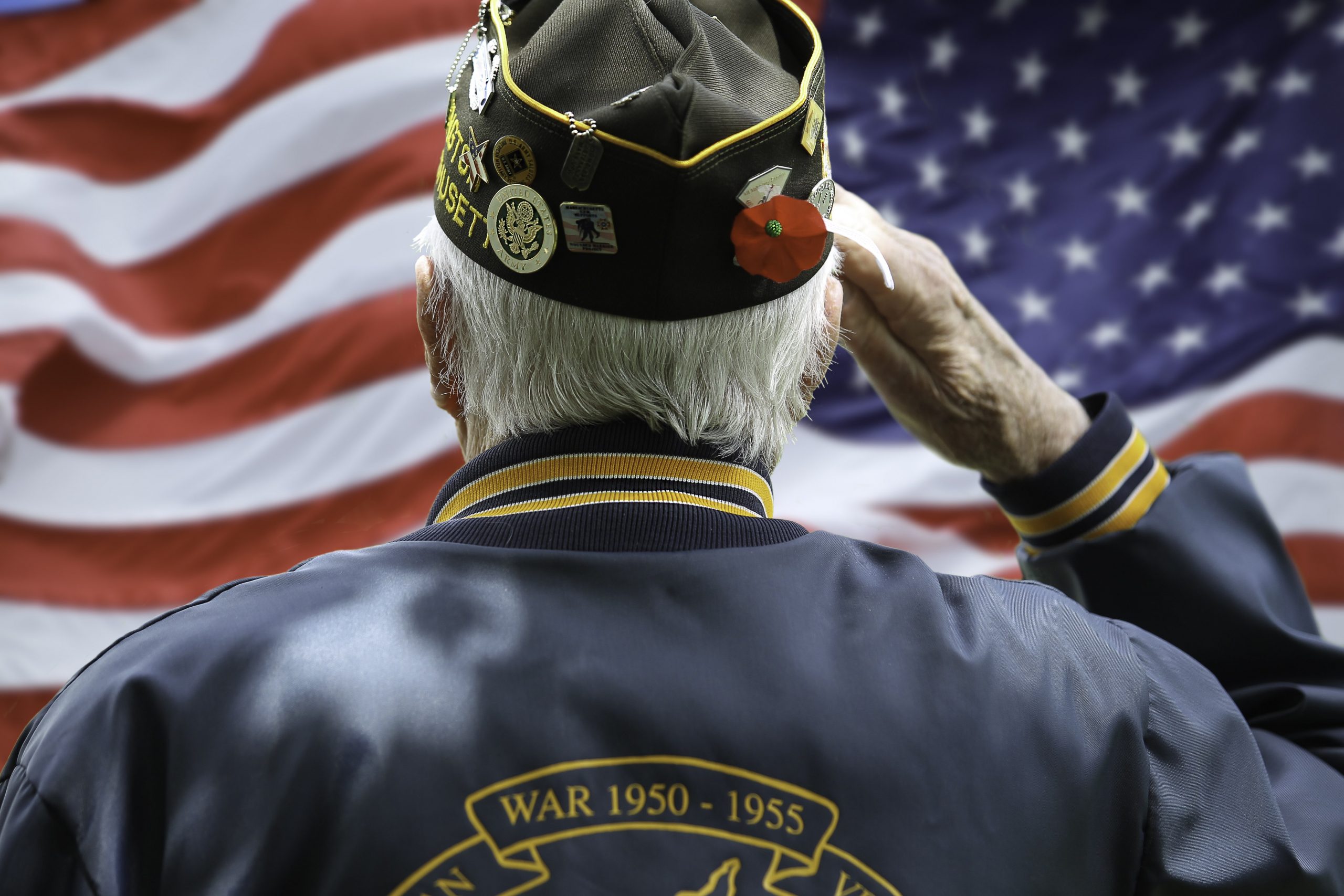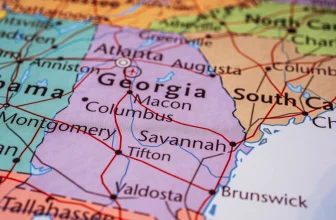
This week has seen lots of interesting figures pop up around the cannabis and alcoholic beverage industry — from the effects of legal public consumption in NYC to a massive survey undertaken by the USDA.
Let’s recap some of the biggest stories this week:
1. Thanks to legal public consumption, NYC sees a massive drop in marijuana-related arrests and summonses.
Massive is an understatement. Since legalization took effect, the number of arrests for criminal possession of marijuana decreased 95.1%, from 163 to 8. The decline in marijuana-related court summonses, which decreased a whopping 99.8%, from 3,687 to 8, is even more staggering.
This has not been the case in other cities that legalized pot — and the difference is in public consumption. In New York, adults aged 21 and over can smoke marijuana anywhere tobacco smoking is allowed. This has not only made New York a little more carefree, but it’s also given it a more delightful aroma. Read more.
2. The USDA has begun a survey of 20,000 hemp farmers.
After the 2018 passage of the Farm Bill, the USDA realized the need to better understand the hemp market. They are now beginning a survey of 20,000 hemp farmers, through which they hope to learn more about what farmers are growing, how much land they are using, what prices they’re fetching, and what products they’re making from their crops. The USDA received permission earlier this year to conduct the survey. Forms will be submitted either through mail or online, and the agency will use the results to decide how to regulate the industry. Read more.
3. Mexico is making moves toward legalization.
Mexican Senator Julio Ramón Menchaca Salazar, a member of the center-left MORENA party, has said that the legislature will likely take up the issue of cannabis legalization in the next session, following the completion of other orders of business. In his words, “The ideal is to finish the legislative process—to be able to have, without the pressure of time, the possibility of retaking this opinion.” This could mark the start of long-awaited reform within our southern neighbor, which could bring much-needed change to a country ravaged by black market drug activity. As a show of advocacy, another senator named Jesusa Rodríguez placed a marijuana plant on her desk as decoration.
4. Bar-goers return to a slightly different atmosphere.
As bars have reopened across the states, owners and clientele alike have noticed a slight difference. For residents of cities like D.C., it was as simple as heading back to the bar — which occurred in such strong waves that owners found it both encouraging and overwhelming. Some are still keeping certain restrictions in place, such as ensuring the room doesn’t get too full. Bar owners also note that returning to full speed is not as simple for their businesses as for customers. Due to the turmoil in the global supply chain, certain drinks have increased in price, leading to slightly higher bills for customers; many will be watching to see whether these prices drop again or stay level.
5. Mississippi puts legalization on the back burner, citing federal prohibition.
In Mississippi, legalization could be postponed until the federal government declares it legal. The state’s Agriculture Commissioner, Andy Gipson (R), has announced he is not interested in pursuing legalization until marijuana is no longer a Schedule 1 substance federally.
Earlier this year, lawmakers proposed new measures that would have seen Gipson’s agency recognize marijuana producers through licensure and regulation. Called Initiative 65, it would have put the entire department in the hands of Mississippi’s Health Department.
6. In Michigan, studies on how marijuana could help veterans with PTSD are being funded by cannabis tax revenue.
Michigan has passed on $20 million of its adult-use cannabis tax revenue to two research groups. Of this, $13 million is going toward a study by the Multidisciplinary Association for Psychedelic Studies (MAPS) examining “the efficacy of marijuana in treating the medical conditions of United States armed service veterans and preventing veteran suicide.” The remaining $7 million is being given to the Bureau of Community Action and Economic Opportunity at Wayne State University. This study will assess cannabis’ efficacy in treating various mental health disorders such as anxiety, PTD, depression, suicidality, and sleep disorders.






